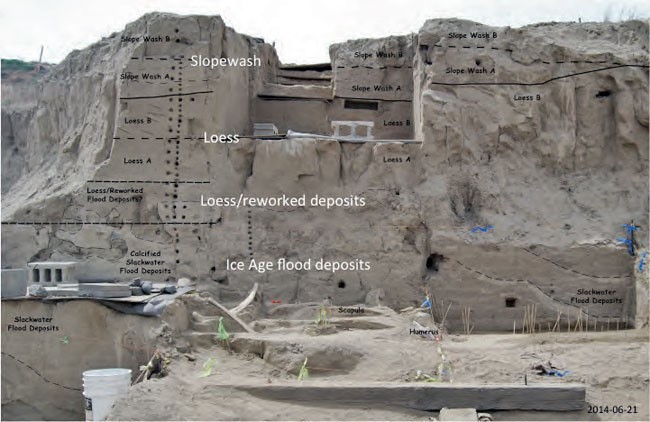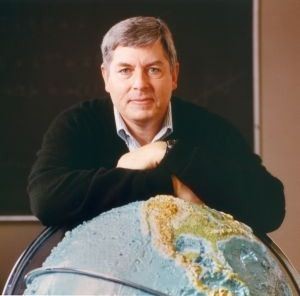The great scenic beauty of the Gorge owes much to the geological processes that have shaped it. Earthquakes, volcanic eruptions, landslides and debris flows still occur in the area today, and they can pose hazards to Gorge residents and visitors. What is the scope, severity, and likelihood of these hazards? How do scientists use evidence from the geological and historical past to evaluate the hazards, and how do they use models to forecast future hazards and inform our efforts to prepare for them? Join Dr. Richard “Dick” Iverson, Scientist Emeritus at the U.S. Geological Survey’s Cascades Volcano Observatory, as he digs into the geological hazards of the Gorge—and explains why they don’t discourage him from living here! GET TICKETS HERE When: NOVEMBER 13th, 2024 | Doors 6pm, Show 7 pm Where: Columbia Center For the Arts, 215 Cascade Ave, Hood River, OR This event will be livestreamed on our Givebutter page: https://givebutter.com/geologyalive Doors open at 6 pm, show starts at 7 pm. * We encourage people to take their seats by 6:45. * Seats not filled by 6:45 will be made available to our waitlist. * Event tickets are non-refundable. Richard (Dick) Iverson spent 34 years as a research scientist at the U.S. Geological Survey’s Cascades Volcano Observatory in Vancouver, Wash., and he remains affiliated with the observatory as a scientist emeritus. His work there has focused mostly on the dynamics of landslides, debris flows, and volcanic eruptions, with particular emphasis on evaluating hazards downstream from Cascades volcanoes. Iverson grew up in Iowa, received his Ph.D. from Stanford University, and moved from Vancouver to Hood River in 2018.



